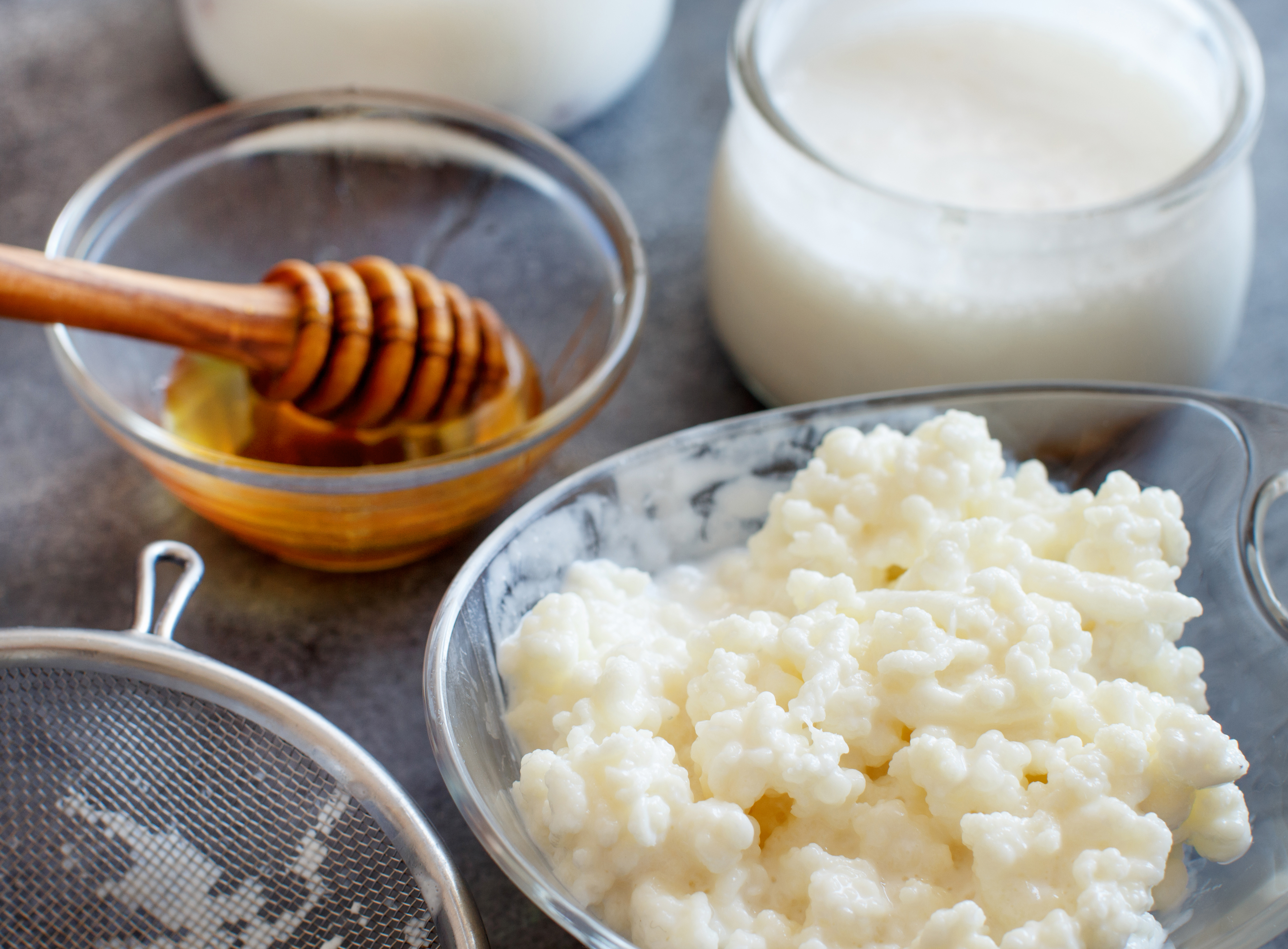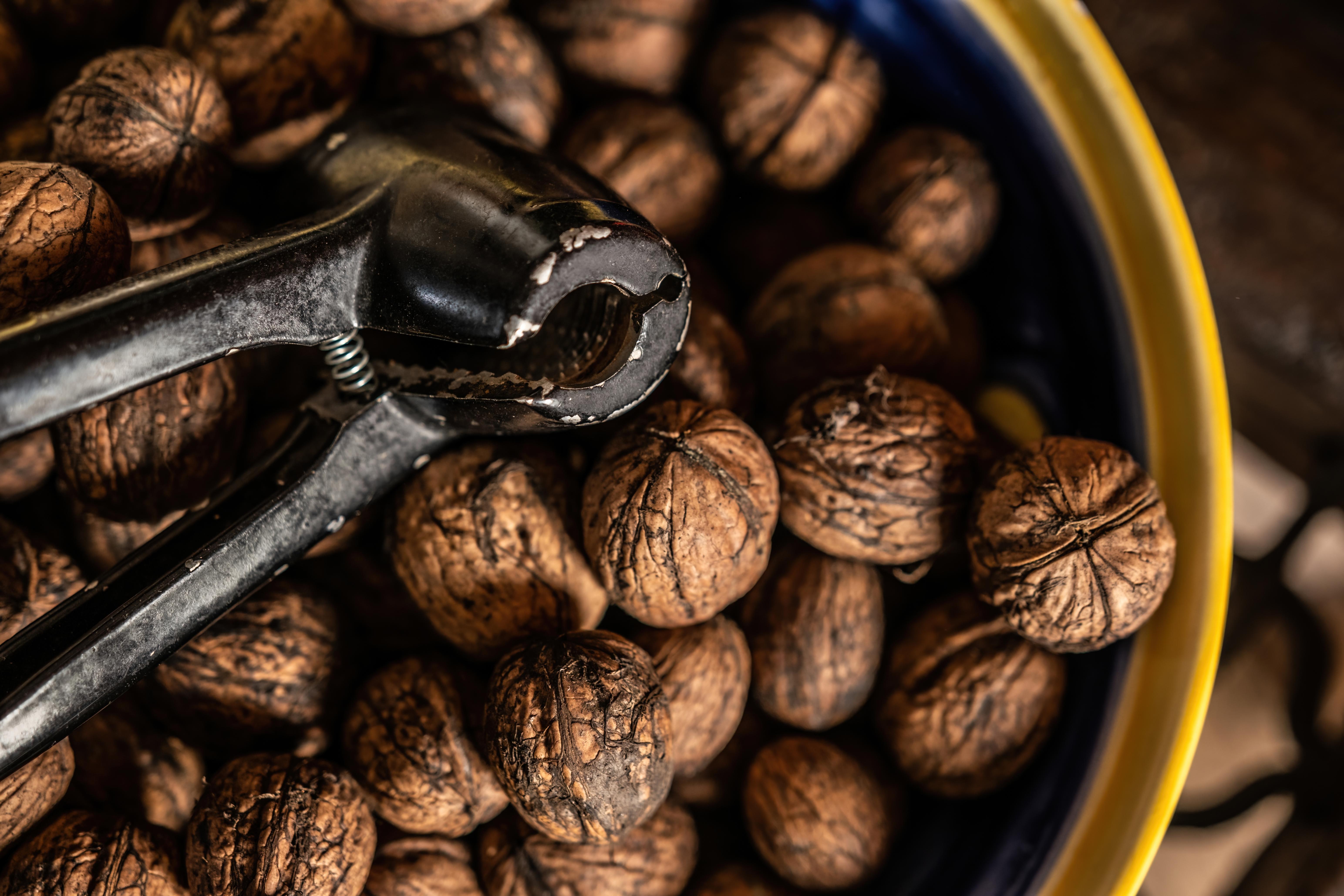12 Simple Secrets to Keep Your Heart Strong and Healthy
The heart, a tireless organ, beats approximately 100,000 times a day, tirelessly pumping life-sustaining blood throughout the body. Despite its pivotal role, heart health is often overlooked until issues arise. In an era where cardiovascular diseases are the leading cause of mortality globally, understanding and nurturing heart health is crucial. This article explores 12 lesser-known, yet effective ways to fortify your heart and embrace a healthier lifestyle. From dietary adjustments to emotional well-being, each section delves into unique strategies that contribute to a robust cardiovascular system. Join us as we uncover these insights, empowering you to take proactive steps towards a healthier heart.
1. The Power of Micro-Workouts

While traditional exercise regimens often emphasize lengthy sessions, recent studies suggest that micro-workouts can significantly benefit heart health. These short, intense bursts of activity, lasting just a few minutes, can be integrated into daily routines with ease. Research indicates that even five-minute intervals of high-intensity activity can improve cardiovascular fitness, lower blood pressure, and enhance metabolic health. The key is consistency; incorporating several micro-workouts throughout the day can equate to the benefits of a longer exercise session. This approach not only caters to those with busy schedules but also reduces the intimidation factor associated with starting a new fitness regime. By embracing micro-workouts, you can seamlessly incorporate heart-strengthening activities into your life.
2. Embrace the Power of Dark Chocolate

Dark chocolate, often considered a guilty pleasure, harbors heart-friendly properties that can be part of a balanced diet. Rich in flavonoids, particularly flavanols, dark chocolate has been shown to improve vascular health by enhancing endothelial function and reducing blood pressure. The antioxidants present in dark chocolate also combat oxidative stress, a contributor to heart disease. However, moderation is key; excessive consumption can lead to weight gain and negate its benefits. Opt for chocolate with at least 70% cocoa content to maximize health benefits. By indulging mindfully, you can savor the taste while fortifying your heart.
3. Harness the Benefits of Tai Chi

Tai Chi, an ancient Chinese martial art known for its slow, deliberate movements, offers substantial cardiovascular benefits. This low-impact exercise enhances balance, flexibility, and muscle strength while reducing stress—a known risk factor for heart disease. Regular practice of Tai Chi has been linked to improved heart rate variability, a marker of cardiovascular health, and reduced blood pressure. Moreover, its meditative nature promotes mental well-being, contributing to overall heart health. Suitable for all ages and fitness levels, Tai Chi provides a gentle yet effective way to support your heart and holistic well-being.
4. The Role of Probiotics in Heart Health

Probiotics, the beneficial bacteria found in fermented foods and supplements, are gaining recognition for their role in heart health. These microorganisms help maintain a healthy gut microbiome, which is intricately linked to cardiovascular function. Emerging research suggests that probiotics can lower cholesterol levels, reduce inflammation, and improve blood pressure. Foods rich in probiotics, such as yogurt, kefir, and sauerkraut, can easily be incorporated into daily meals. By fostering a balanced gut environment, probiotics indirectly support heart health, highlighting the interconnectedness of bodily systems. Embracing probiotics can thus be a simple yet impactful strategy for heart health.
5. Laughter: The Best Medicine

Laughter, often dubbed the best medicine, plays a significant role in heart health. Studies have shown that laughter can improve vascular function and increase blood flow, akin to the benefits of exercise. It also reduces stress hormones, lowers blood pressure, and boosts the immune system. Incorporating humor into daily life can be as simple as watching a comedy, sharing a joke, or spending time with loved ones. By fostering a joyful environment, you not only enhance your emotional well-being but also strengthen your heart. Laughter, with its myriad benefits, serves as a delightful and effortless way to promote cardiovascular health.
6. The Healing Touch of Massage

Massage therapy, often associated with relaxation, extends its benefits to heart health. Regular massage sessions can lower blood pressure, reduce stress, and improve circulation. The calming effect of massage reduces cortisol levels, a stress hormone that negatively impacts heart health. Additionally, massage promotes the release of serotonin and dopamine, enhancing mood and overall well-being. Whether it's a professional session or a simple self-massage, incorporating this practice into your routine can provide both immediate and long-term benefits. By embracing massage, you create a nurturing environment for your heart, promoting relaxation and rejuvenation.
7. The Importance of Deep Breathing

Deep breathing exercises, often overlooked, are a powerful tool for heart health. Engaging in regular deep breathing can lower blood pressure, reduce stress, and improve oxygenation of the blood. This practice activates the parasympathetic nervous system, promoting relaxation and reducing the workload on the heart. Techniques such as diaphragmatic breathing, box breathing, and alternate nostril breathing can be easily incorporated into daily routines. By dedicating just a few minutes each day to mindful breathing, you can enhance cardiovascular function and foster a sense of calm. Deep breathing, with its simplicity and effectiveness, is a cornerstone of heart health.
8. The Surprising Benefits of Music

Music, a universal language, holds surprising benefits for heart health. Listening to music you enjoy can lower blood pressure, reduce heart rate, and decrease stress levels. Upbeat music can energize and motivate, while calming tunes promote relaxation and stress relief. Engaging in music, whether through listening, singing, or playing an instrument, stimulates the release of endorphins, enhancing mood and well-being. Music therapy is increasingly used in clinical settings to support cardiovascular health. By incorporating music into your daily life, you can create a harmonious environment that nurtures both your heart and soul.
9. The Role of Omega-3 Fatty Acids

Omega-3 fatty acids, found in fish, flaxseeds, and walnuts, are essential for heart health. These healthy fats reduce inflammation, lower triglycerides, and improve cholesterol levels. Omega-3s also support endothelial function, enhancing blood vessel health and reducing the risk of arrhythmias. Incorporating omega-3-rich foods into your diet or taking supplements can provide substantial cardiovascular benefits. Regular consumption of omega-3s has been linked to a reduced risk of heart disease and improved overall heart function. By prioritizing these healthy fats, you can support your heart from the inside out.
10. The Connection Between Sleep and Heart Health

Quality sleep is a vital component of heart health, yet it is often undervalued. Insufficient or poor-quality sleep is linked to an increased risk of hypertension, coronary artery disease, and heart failure. During sleep, the body undergoes restorative processes that are crucial for cardiovascular health. Establishing a consistent sleep routine, creating a restful environment, and addressing sleep disorders can significantly impact heart health. Prioritizing sleep hygiene not only benefits the heart but also enhances overall well-being. By recognizing the importance of sleep, you can foster a healthier heart and a more vibrant life.
11. The Impact of Gratitude on Heart Health

Gratitude, a powerful emotion, has a profound impact on heart health. Practicing gratitude can reduce stress, lower blood pressure, and improve overall cardiovascular function. Studies suggest that individuals who regularly express gratitude have healthier hearts and a reduced risk of heart disease. Keeping a gratitude journal, expressing appreciation to others, and reflecting on positive experiences can cultivate a grateful mindset. By embracing gratitude, you foster a positive emotional environment that supports heart health. This simple yet transformative practice highlights the connection between emotional well-being and physical health.
12. The Role of Social Connections

Social connections, often overlooked, play a critical role in heart health. Strong social networks provide emotional support, reduce stress, and promote healthy behaviors. Studies indicate that individuals with robust social ties have a lower risk of heart disease and better overall health outcomes. Engaging in social activities, nurturing relationships, and seeking support during challenging times can enhance heart health. By prioritizing social connections, you create a supportive environment that fosters both emotional and physical well-being. This interconnectedness underscores the importance of community in nurturing a healthy heart.
Strengthening your heart and embracing a healthier life requires a holistic approach that encompasses physical, emotional, and social well-being. The 12 strategies outlined in this article offer diverse and accessible ways to support cardiovascular health. By integrating these practices into your daily routine, you can create a balanced lifestyle that nurtures your heart. From the power of micro-workouts and the benefits of laughter to the importance of gratitude and social connections, each strategy contributes to a healthier, more vibrant life. Embrace these little-known ways and embark on a journey towards a stronger heart and a healthier you.